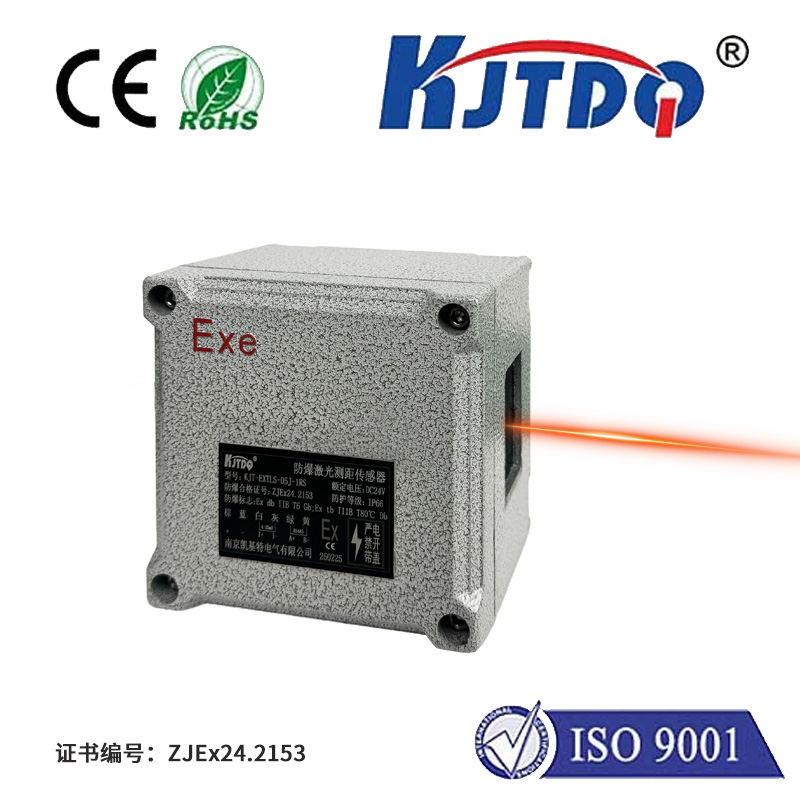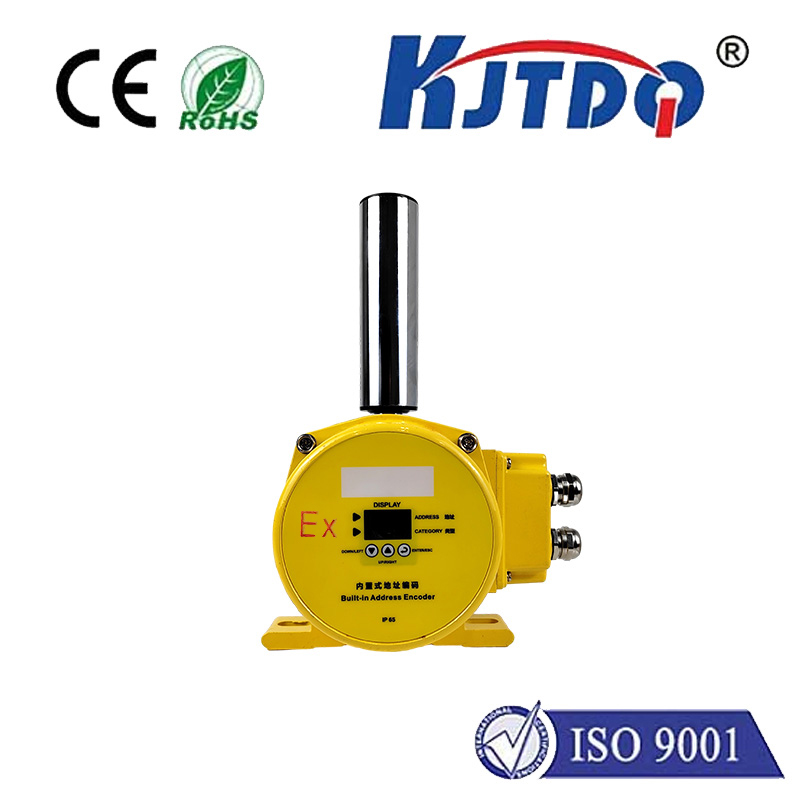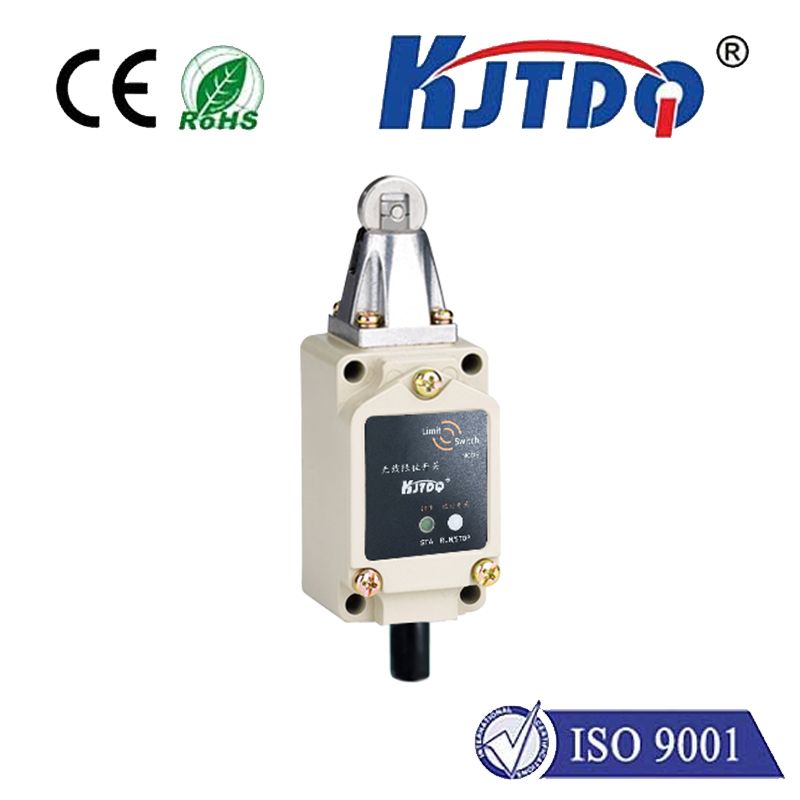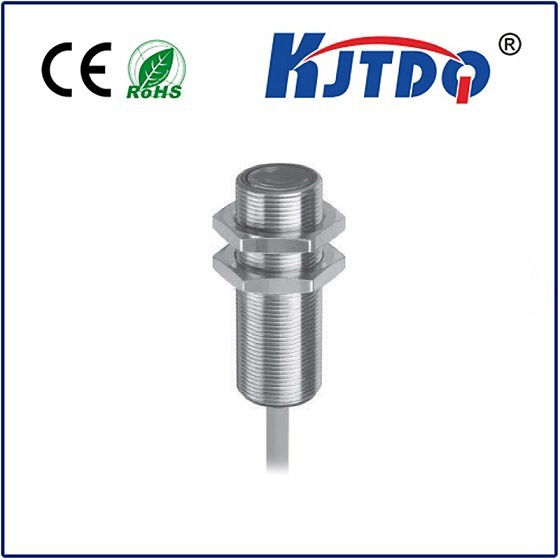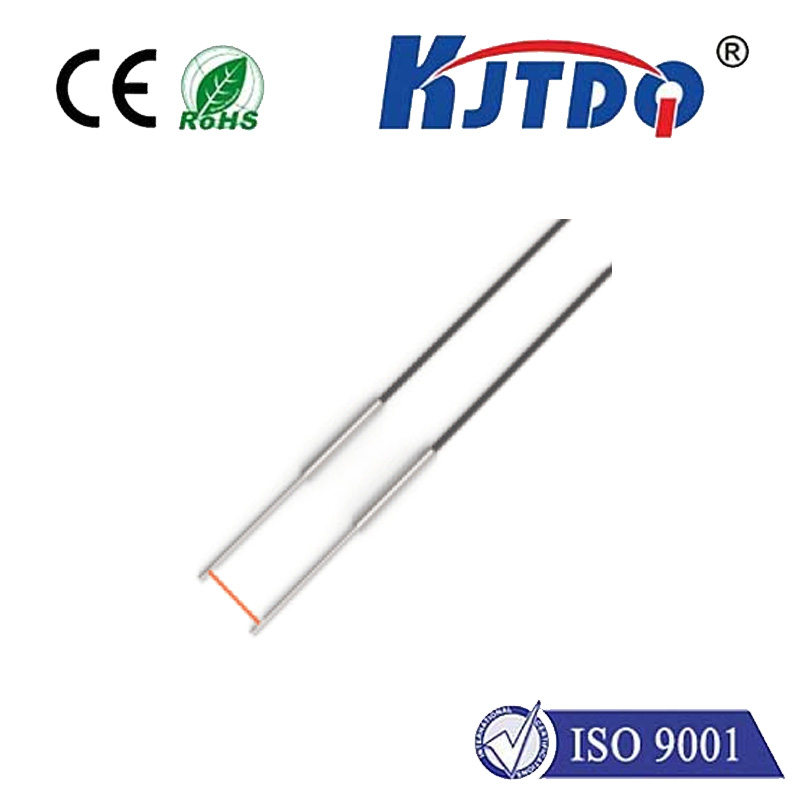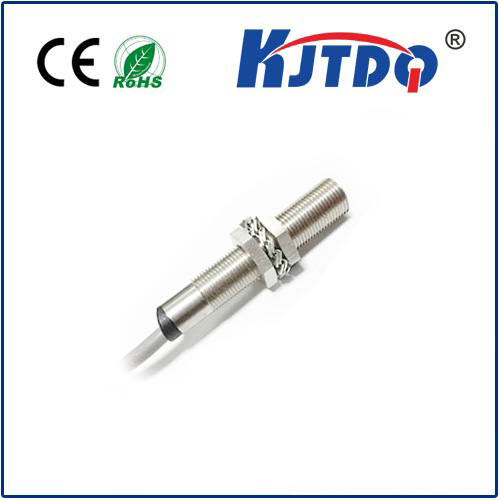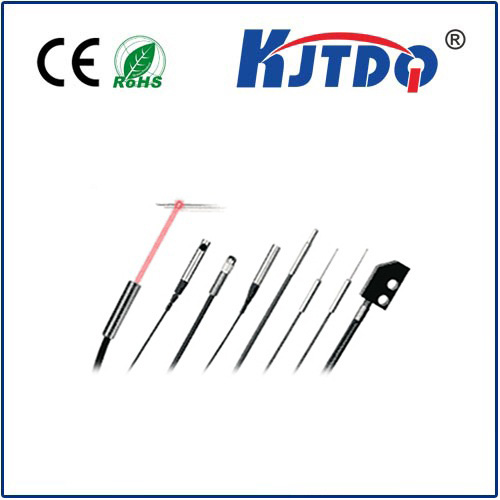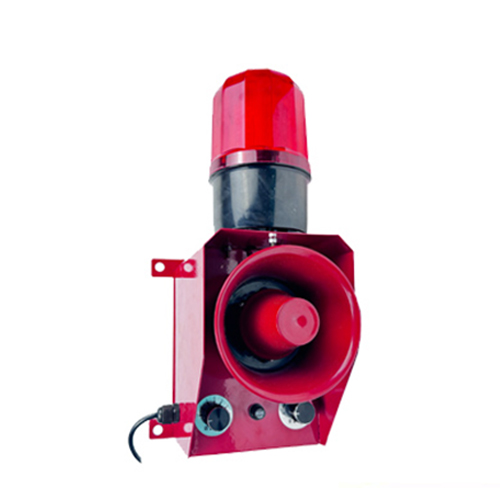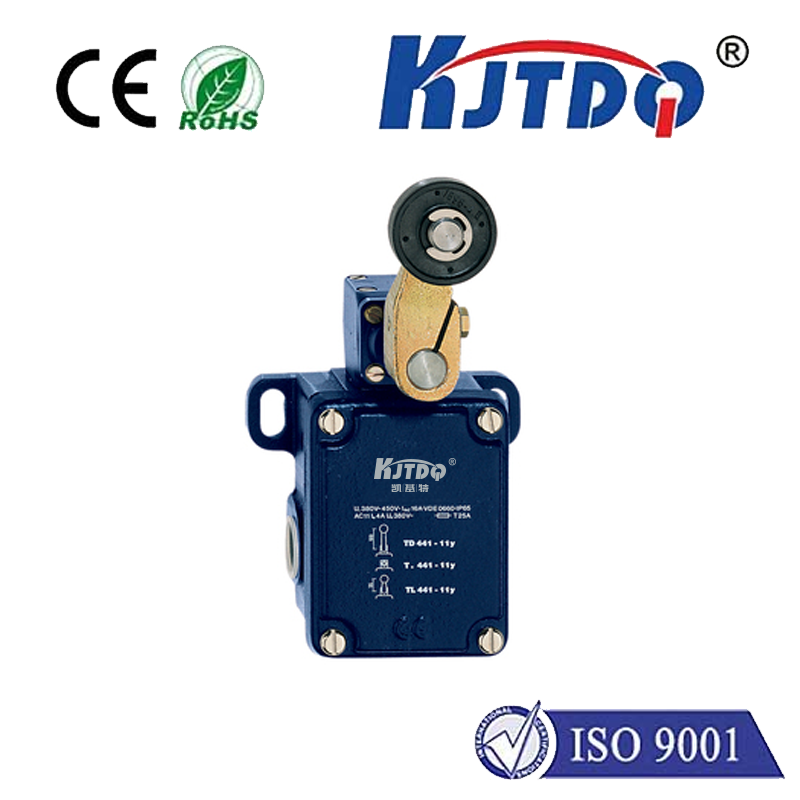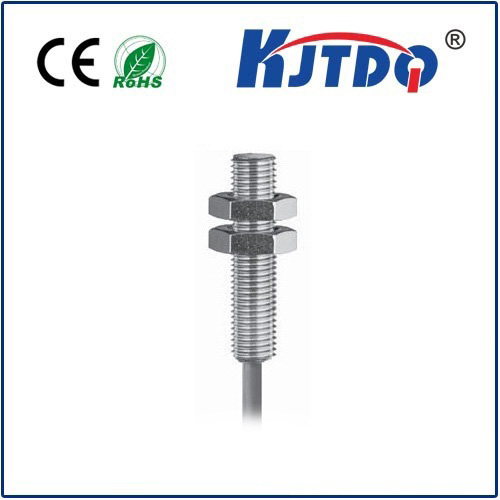

check

check

check

check

check

check

check

check

check

check

Title: The Vital Role of High Temperature Pressure Sensors in Industrial Applications In the vast realm of industrial automation and process control, sensors play a crucial role in monitoring and managing various parameters. Among these, high temperature pressure sensors stand out as indispensable tools that ensure the seamless operation of equipment and processes within extreme thermal conditions. This article delves into the importance of high temperature pressure sensors, their applications, and the benefits they bring to industries. Understanding High Temperature Pressure Sensors High temperature pressure sensors are designed to measure the pressure of gases or liquids in environments where temperatures exceed the standard operational limits of conventional sensors. These sensors are engineered with materials and components that can withstand extreme heat, making them suitable for applications such as automotive engines, aerospace propulsion systems, power generation plants, and industrial manufacturing processes involving high-temperature furnaces and ovens. Key Features of High Temperature Pressure Senseo The primary characteristic of high temperature pressure sensors is their ability to operate reliably at temperatures ranging from 200°C to over 1000°C. They feature robust construction materials like stainless steel, ceramics, or specialized alloys that resist thermal degradation and corrosion. Additionally, these sensors often incorporate advanced electronic circuitry to compensate for temperature effects on pressure readings, ensuring accurate measurements despite the harsh environment. Applications Across Industries Automotive Industry: In the automotive sector, high temperature pressure sensors are integral to monitoring engine performance. They track the pressures inside combustion chambers, turbochargers, and exhaust manifolds, enabling precise control of air-fuel mixture, boost pressure, and emissions. This contributes to improved fuel efficiency, reduced emissions, and enhanced vehicle longevity. Aerospace Industry: Aircraft engines and spacecraft thrusters demand high temperature pressure sensors to monitor critical parameters during takeoff, flight, and landing operations. Accurate pressure readings at extreme temperatures ensure the safety and reliability of aviation systems, contributing to overall mission success. Power Generation: In power plants, whether fossil fuel-fired or nuclear, high temperature pressure sensors regulate steam pressure in boilers and turbines. By maintaining optimal pressure levels, these sensors enhance energy production efficiency while preventing equipment failure due to overheating or underperformance. Manufacturing & Materials Processing: Industries involved in metal casting, glassmaking, and ceramics rely on high temperature pressure sensors to manage processes in kilns and furnaces. Precise pressure control直接影响 product quality and production efficiency. Moreover, it helps minimize energy consumption and reduces downtime associated with equipment maintenance. Benefits Brought by High Temperature Pressure Sensors Enhanced Safety & Reliability: One of the most significant advantages of using high temperature pressure sensors is the improvement in safety and reliability of industrial processes. By providing accurate real-time data, these sensors enable timely intervention before any abnormal condition leads to catastrophic failures or accidents. Increased Efficiency & Productivity: Accurate pressure monitoring allows for fine-tuning of processes, leading to better resource utilization, reduced waste, and increased throughput. This translates into cost savings and higher productivity across various industries. Environmental Compliance: With stricter environmental regulations in place, high temperature pressure sensors play a vital role in helping facilities comply with emission standards. By optimizing combustion processes and reducing unnecessary fuel consumption, these sensors contribute to lower greenhouse gas emissions and a cleaner environment. In conclusion, high temperature pressure sensors are pivotal in advancing industrial automation and process control technologies. Their ability to perform reliably under extreme thermal conditions opens up new possibilities for innovation while ensuring operational safety, efficiency, and environmental sustainability. As industries continue to evolve towards smarter and more efficient systems, the demand for sophisticated sensing solutions like high temperature pressure sensors will only grow stronger.
